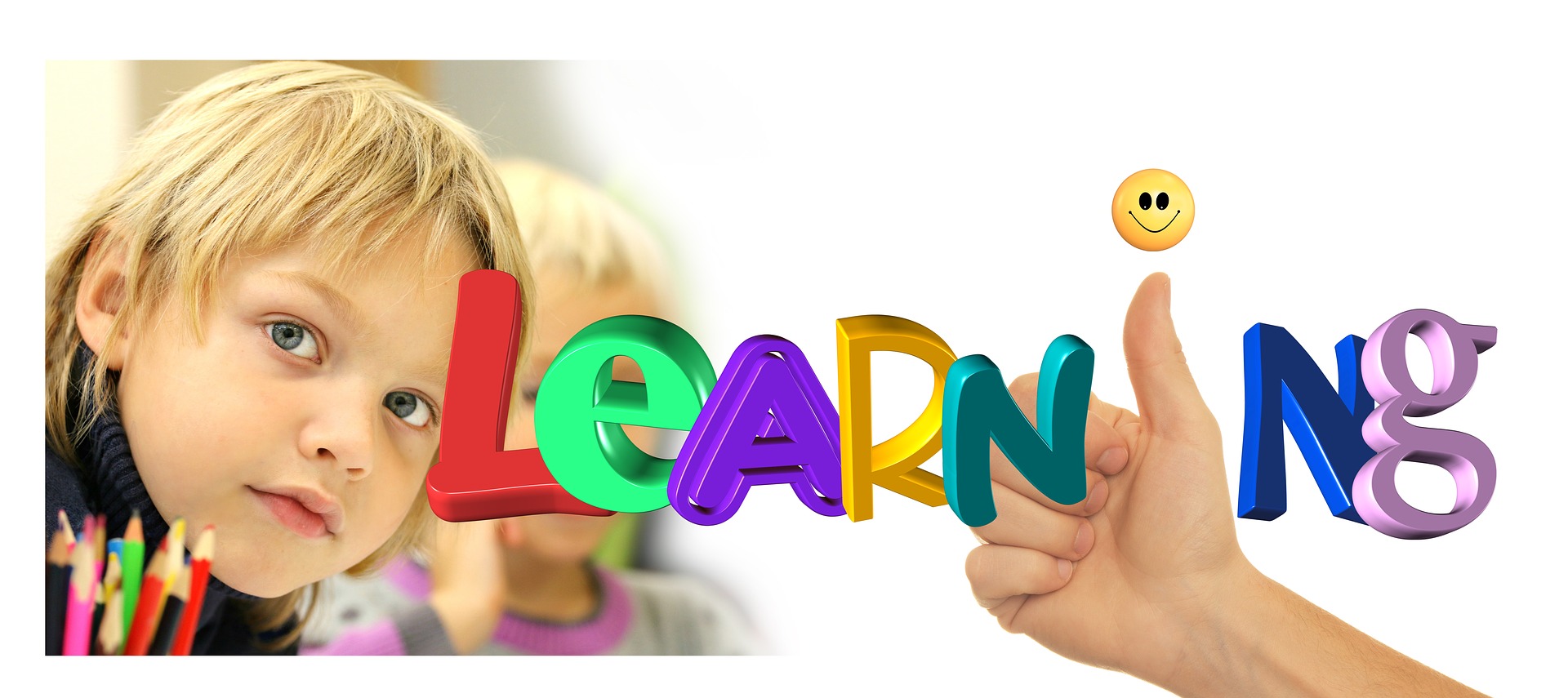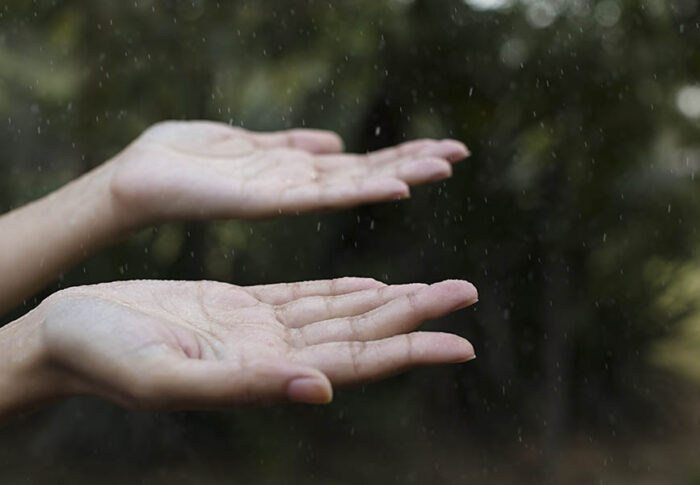
Which 5 essential life skills to teach your kids?
Are you preparing your child to be independent? Teaching your child life skills is not only important for self-care and sufficiency — but it also allows him to feel empowered, works on socialization and reasoning, and helps develop healthy self-esteem. While you likely want to keep your kid little forever, helping prepare them to be responsible adults is part of our job as parents.
There’s so much for our children to learn in today’s high-tech world that it can become easy for them to miss out on practical life skills. In fact, in some research, it is found that while 57% of 3- to 5-year-olds can navigate at least one app on a smartphone, only 14% could tie their shoelace.
It is also seen that many parents do everything for their kids instead of letting them fend for themselves. Life skills must develop future leaders and thus we must prepare the child for the path, not the path for the child.
Life skills are valuable lessons kids will use throughout their lifetime. Important life skills kids need to know include decision-making skills, problem-solving skills, personal hygiene, meal prep, and communication skills. However, many kids don’t learn these lessons and how to handle real-world situations until they’re in high school. Don’t wait until your kids are teens to teach the life skill.
Let us see the 5 life skills that we shall teach our kids to face the world.
5 life skills to teach your kids.

1. Problem-Solving and Learning to Adapt.
Problem-solving and adaptation are skills that even adults can struggle with. Resilient kids will make resilient adults, and in an ever-changing world that can be essential. Practice problem-solving and handling challenges appropriately in everyday situations. Kids may get frustrated at first, so teach them how to handle their emotions, and walk through a challenge step-by-step.
Have patience and stay positive so that you help kids learn to persevere through difficult times. One of the best ways to work on developing resilience and adaptation is by modeling appropriate behavior. When things don’t go the way you want them to, remember that your little ones are watching your every move. It can be hard to practice what we preach, but this is the perfect time to do it.
2. Basic First Aid.
Basic first aid, including knowing how to call emergency numbers, is a huge life skill that should be learned. Whether your child gets hurt when you’re not around, or they are witnesses to an emergency, having the skills and abilities to handle the situation until help arrives is essential. Before a child is allowed to stay home alone, make sure they know their address and phone number. Talk about what is in a first aid kit and where they are located in the house. Lessons in basic fire safety to how to clean and bandage are all essential first aid skills kids should know.
Practice role-playing calling emergency numbers and remaining calm until help arrives. Anything you can do to help give your child confidence in stressful situations will prepare them for future success. In order to be confident in allowing kids to look after younger siblings or neighbors, you need to be confident in their ability to handle basic first aid.
3. Decision-Making Skills.
You may not have realized that decision-making skills for young children are something that needs to be learned. Making independent decisions is an important skill to have so that as your child gets older, they can confidently make decisions without relying on someone else.
Allow younger children plenty of opportunities to make decisions like what to wear for the day, what to eat for a snack, etc. Natural consequences, such as choosing a pair of shorts on a winter day, or choosing a fruit snack and feeling hungry again, will help reinforce what are appropriate decisions to make. Kids like feeling in control and having choices offered to them, rather than just being told what to do.
4. Basic Hygiene.
Teaching kids hygiene skills will vary in level of supervision based on the age of your child, but eventually, you want them to be able to take care of personal hygiene without being told to do so. Basic suggestions are getting dressed, brushing teeth, washing face, bathing or showering, combing or brushing hair, and independently determining when clothes need to be washed. Pre-teens and teens will have additional personal hygiene skills that should be mastered as they enter puberty, such as learning when to start using deodorant.
5. Cleaning and Household Chores.
Getting kids to do chores doesn’t have to be a struggle or a punishment, it should be a life skill. Having kids help out around the house, not only makes mom and dad’s lives easier but can also be a fun and rewarding activity for kids. To start asking your kids to do chores without a fight, make sure you choose tasks that are appropriate for their age and encourage them when they do a good job. Some parents may want to give their kids an allowance for completing chores, but money doesn’t have to be the only reward.
You can start with really basic chores that not only help you out at home but teach your child what is required to keep a tidy and presentable house as a life skill. Create a checklist or a chore chart to set expectations based on how you need your child to contribute to the household. Then have your child earn stickers or an extra hour of playtime time based on what tasks they complete.
Some suggestions increasing by age are to help put toys away, put dirty clothes in the hamper, clear plates after a meal, help set the table, dust easy-to-reach places, feed a pet, wash the dishes, vacuum, make their own bed, sweep, and take out the trash.
As your child gets older, typically in their teenage years, you can introduce using the washing machine, safely using household cleaning products, filling the gas tank, mowing the lawn, and helping with household projects. Teaching kids real life skills will mean that you can confidently send them off knowing they can fend for themselves.








Comments
That is a really good tip particularly to those new to the blogosphere. Short but very accurate info… Thanks for sharing this one. A must read article!
This page really has all of the information and facts I needed concerning this subject and didn’t know who to ask.
Good article. I certainly appreciate this website. Thanks!
Very interesting subject, thank you for posting.!
Hello there, just became alert to your blog through Google, and found
that it is really informative. I’m gonna watch out for brussels.
I will be grateful if you continue this in future.
A lot of people will be benefited from your writing.
Cheers! Lista escape roomów